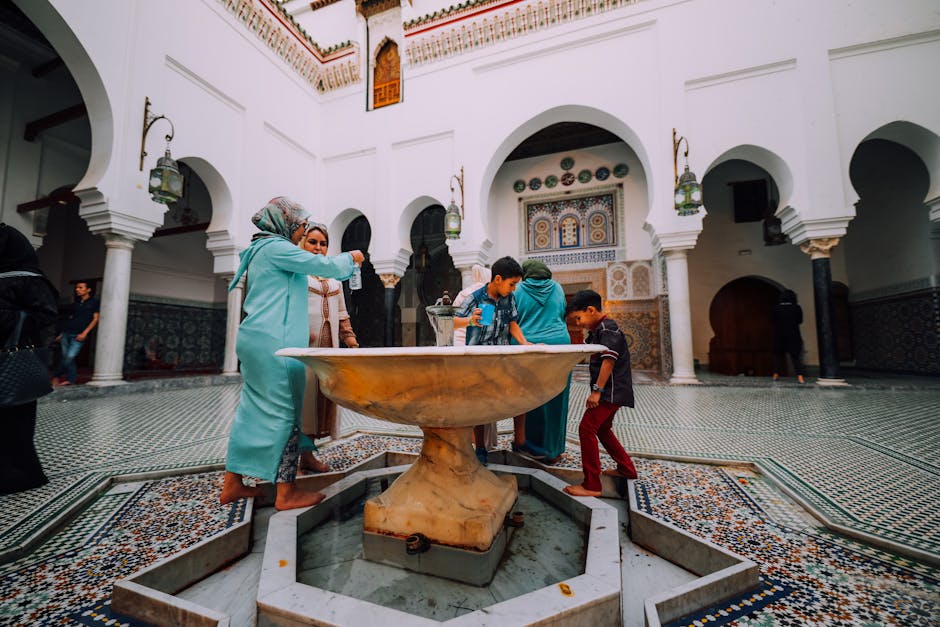Top Childcare Degree Programs: Leading Courses for Early Childhood Educators
Choosing the right childcare degree program is a significant step for anyone passionate about shaping young minds. Early childhood education isn’t just about teaching, it’s about creating a foundation for lifelong learning, fostering emotional well-being, and nurturing creativity. The programs available today vary widely in focus, methodology, and structure, which makes picking the perfect one both exciting and challenging.

The Value of Specialization
Early childhood education isn’t a one-size-fits-all field. Some educators aim to work with infants and toddlers, while others focus on preschool or kindergarten-aged children. This is where specialized degree programs come into play. Degrees like an Associate in Early Childhood Development prepare students to work hands-on with younger children. These programs often cover topics such as child psychology, developmental milestones, and behavior management.
On the other hand, if your interest leans toward curriculum design or policy-making in education, a Bachelor’s Degree in Early Childhood Education might be a better fit. This program typically includes coursework on educational theory alongside practical training. Think of it as building a toolbox: you’ll have strategies to foster literacy, numeracy, and socio-emotional skills tailored to different stages of development.
Top Programs Worth Considering
There are numerous institutions offering childcare degrees, but some stand out for their comprehensive curricula and innovative approaches. Here are a few programs that consistently receive praise:
- Bank Street College of Education (New York): Known for its progressive approach to teaching, Bank Street emphasizes experiential learning. Students engage in hands-on internships while studying theories related to child development.
- University of California, Berkeley: Berkeley’s Child Development program integrates psychology and education studies. It’s ideal for those looking to combine research with practical teaching methods.
- Erikson Institute (Chicago): Specializing in early childhood education and child development, Erikson Institute offers both master's and certificate programs that blend classroom instruction with field experience.
- University of Washington (Seattle): Their Bachelor’s in Early Childhood & Family Studies provides an excellent balance between academic study and practical training in diverse educational settings.
Each of these programs offers unique benefits depending on your career goals. Some emphasize research, while others prioritize direct interaction with children. Consider what aligns most closely with your aspirations before making your choice.
The Role of Online Learning
If attending classes on-campus feels out of reach due to work or personal commitments, online degree programs can be a lifesaver. Institutions like Walden University and Arizona State University offer robust online Bachelor’s and Master’s degrees in early childhood education. These programs often provide the flexibility to learn at your own pace while still covering all essential topics.
A real advantage here is accessibility, imagine logging into a lecture from anywhere while interacting with peers from across the country through virtual discussions. But don’t mistake online learning for an easier option; it requires discipline and self-motivation to succeed. Courses still include assignments, deadlines, and even virtual practicums to ensure you gain the hands-on experience needed to thrive in the field.
Licensure and Certification: What You Need to Know
Earning a degree is only part of the equation; many roles in early childhood education require licensure or certification as well. Those aiming to teach in public schools usually need a state teaching license. This often involves passing exams like the Praxis Series or meeting specific educational requirements laid out by your state.
If you’re more interested in administrative roles or running your own daycare center, certifications such as the Child Development Associate (CDA) Credential can be invaluable. The CDA focuses on competency areas like safety protocols and relationship-building with families, skills that are universally important but especially critical when managing young learners.
A word of advice: always check what qualifications are required for your desired role within your location. Requirements can vary significantly depending on state laws or institutional policies.
The Bigger Picture: Impact Beyond the Classroom
When we talk about childcare degrees, it’s easy to focus solely on schools or daycare centers as career endpoints. But graduates from these programs often find opportunities beyond traditional teaching roles. Some go on to work as child advocates for nonprofits, ensuring kids have access to quality education regardless of socioeconomic status.
Others may contribute behind the scenes as curriculum developers or policy advisors shaping educational standards at local or national levels. Even fields like pediatric healthcare benefit from professionals trained in early childhood development who understand how children think and grow during these formative years.
Think about Fred Rogers, yes, Mister Rogers! His background in child development allowed him to create programming that educated millions of children while making them feel seen and understood. A childcare degree holds that same transformative power: it prepares you not just for a job but for a vocation that touches lives in profound ways.
Making Your Choice
If you’re reading this because you’re seriously considering a career in early childhood education, take some time to reflect on what drives you. Do you thrive on direct interaction with kids? Are you fascinated by how educational systems work? Or do you dream of creating new learning tools that make classrooms more engaging?
The beauty of this field lies in its diversity, there’s room for everyone who has a passion for nurturing young minds. Whether you choose an associate degree focused on practical skills or pursue advanced studies that delve into research and policymaking, every step brings value not only to your career but also to the lives you'll impact along the way.
So go ahead: explore your options with confidence and curiosity. The right program is out there waiting for you, it’s just a matter of finding the one that fits your goals like a glove!
